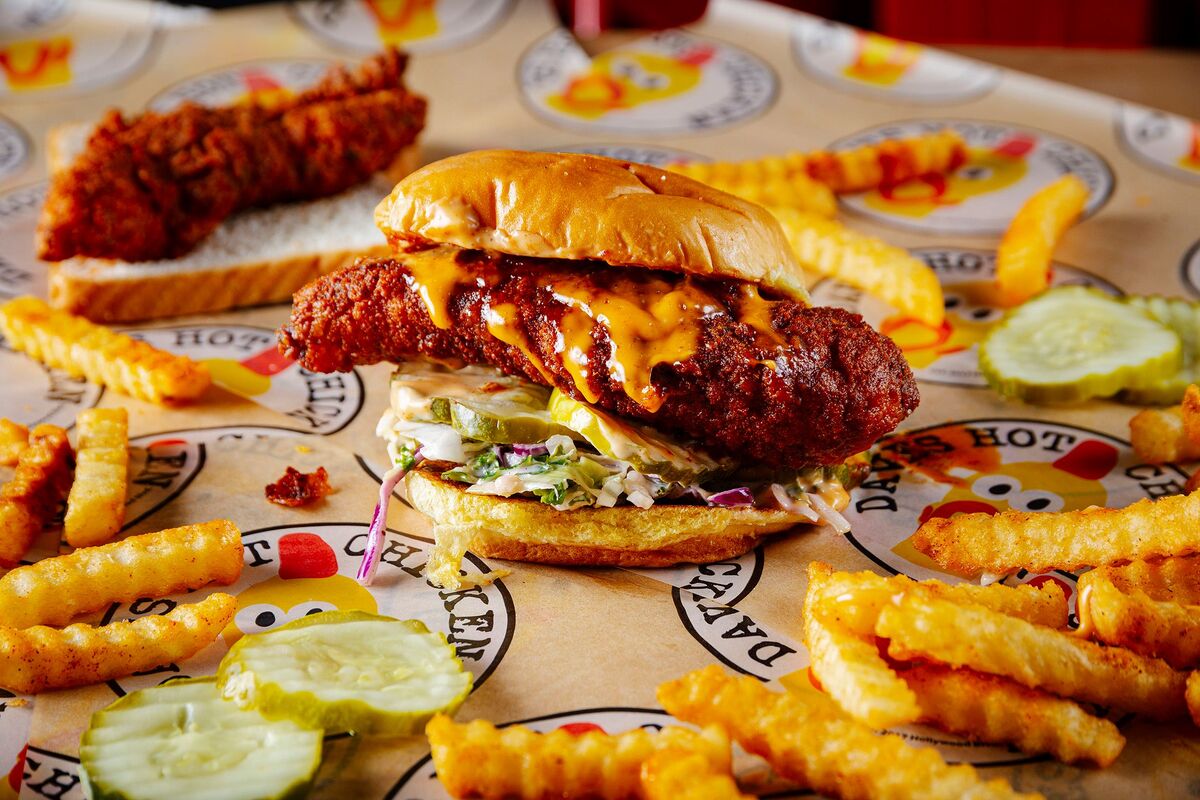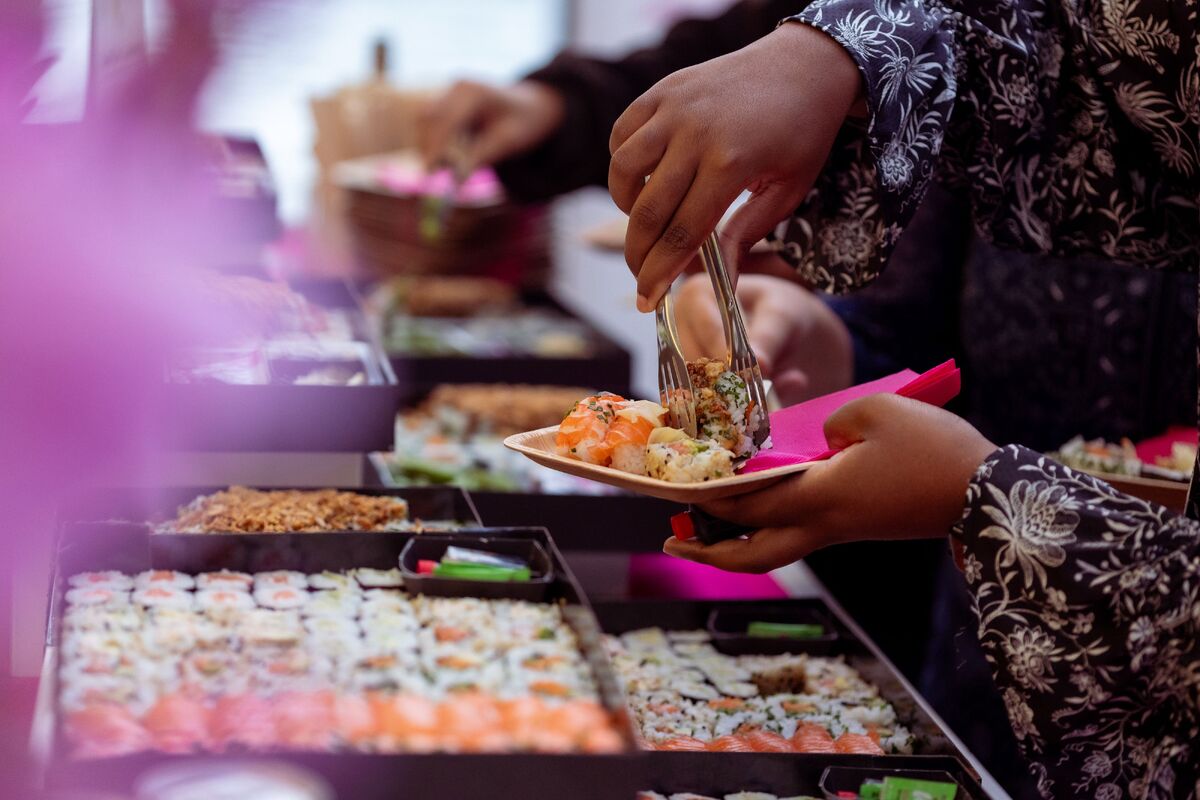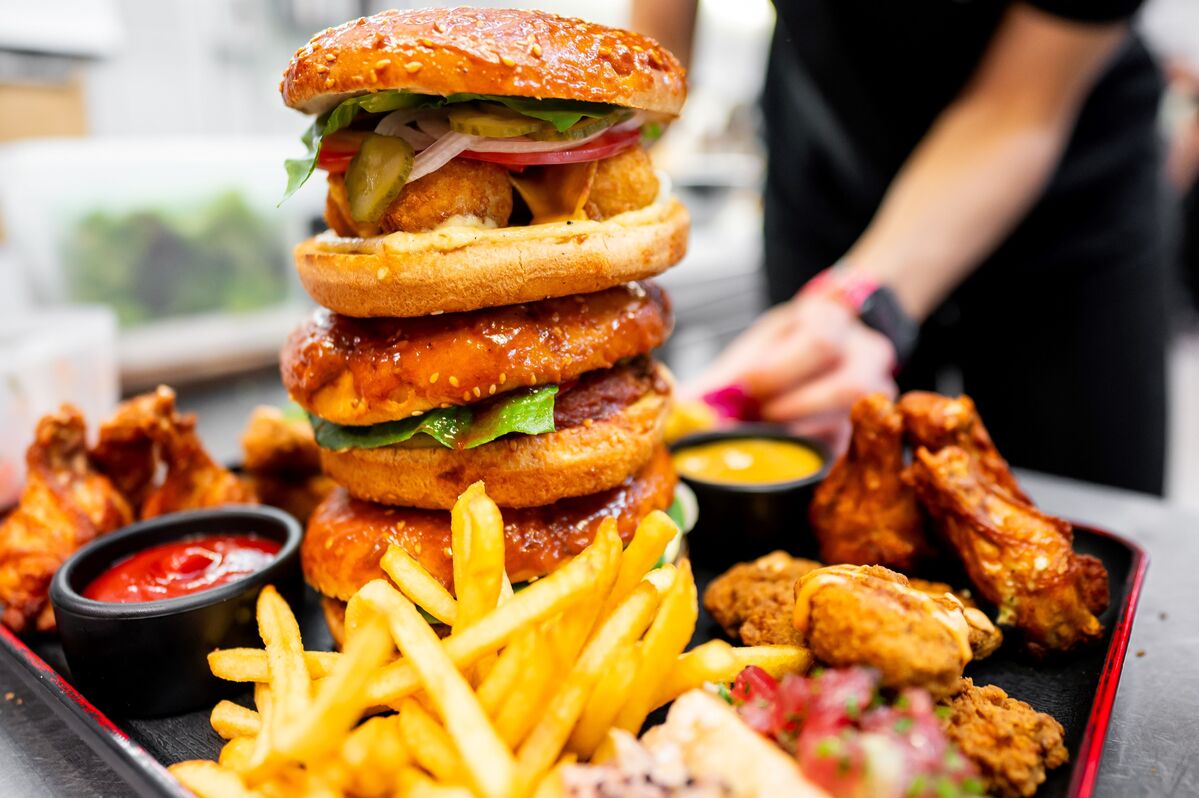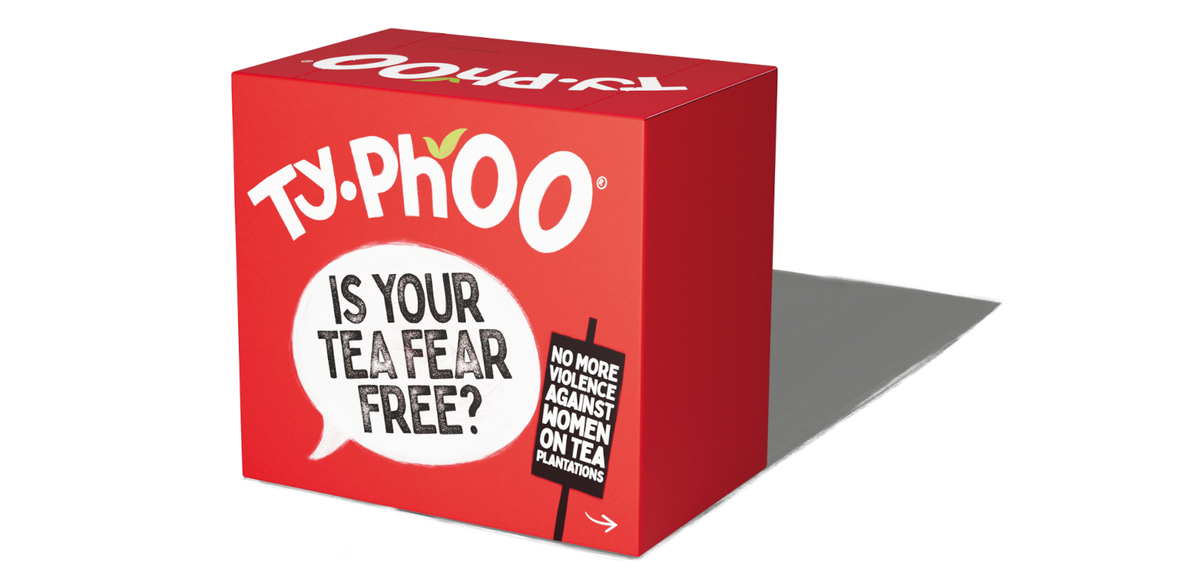Viewpoint: Foodservice companies – let's ensure the sustainability of our seafood
Itâs no secret that consumers in the UK are increasingly demanding more from their favourite food and drink brands.
More transparency, more accountability and higher standards for sustainability and responsibility are all becoming key issues for companies keen to manage reputational risk and ensure brand loyalty.
This is certainly the situation for customer-facing brands â" whether in supermarkets or on the high street â" but itâs also becoming increasingly vital for upstream suppliers, foodservice companies and caterers to be aligned with the responsible companies they work with to satisfy the demands of information-hungry consumers.
One sector where sustainability standards are particularly crucial is seafood. In 2011, environmental lawyers ClientEarth released a damning report about the state of the UKâs seafood industry. The report showed a confusing array of environmental claims that varied from business to business. A third of those claims were considered to be potentially misleading, creating widespread customer confusion over labelling.
The resulting confusion was not just a problem for customers. Retailers reported that uncertainty around the sustainability of brands were leading to consumers leaving their products on the shelf.
To give certainty to the industry, the Sustainable Seafood Coalition was formed. The coalition is a partnership of UK businesses committed to a healthy future for our oceans by ensuring all fish and seafood sold in the UK comes from sustainable sources.
Since its formation, more than 23 brands have joined the coalition, with businesses helping to draft a workable code of conduct around sourcing and labelling upon which the alliance then agreed. Today, around 75% of all seafood sold through supermarkets in the UK comes from retailers signed up to the coalition. Our research shows that companies that sign up to such codes of conduct benefit from the enhanced brand credibility that comes with responsible sourcing commitments and clear and consistent labelling.
But while consumers can now have confidence that the majority of supermarket seafood is sourced in line with the code of conduct, only a small percentage of foodservice companies or caterers have signed up. This is significant given their combined businesses account for about a third of all seafood volume purchased in the UK.
The foodservice sector has massive purchasing power in terms of British seafood. Their brands may not all be consumer-facing, but theyâre responsible for a large part of what seafood is served in restaurants, shops, schools, hospitals and care homes.
Just as a chain is only as strong as its weakest link, industry standards work most effectively when delivered across the board, at all stages of the supply chain. Britainâs seafood industry will benefit from the foodservice and catering sector joining together to ensure the UK supply chain continues to be a world leader in environmental sustainability.
With increasing awareness about the need for responsibly sourced seafood, successful suppliers more than ever need to be aligned with the demands of their customers and end-consumers, the foodservice sector should join the drive to make 100% of seafood sold in the UK sustainable.
*Foodservice companies can find out more about joining the coalition at www.sustainableseafoodcoalition.or*g
Katie Miller is sustainable seafood project lead at ClientEarth


















